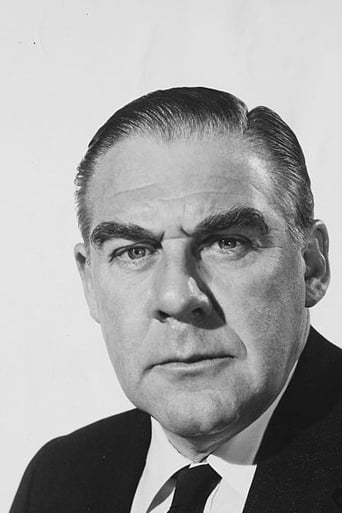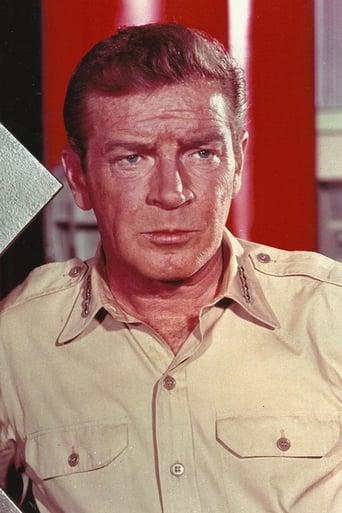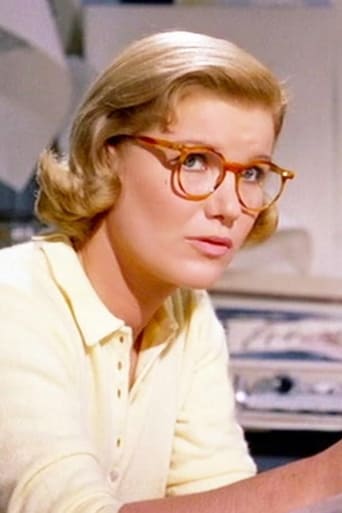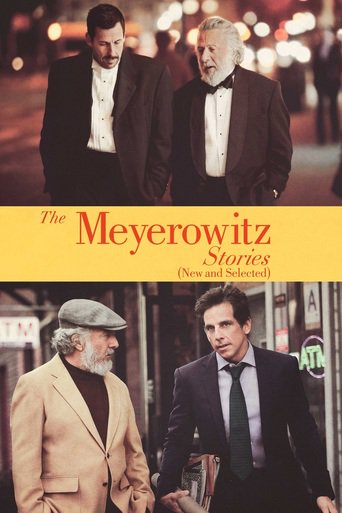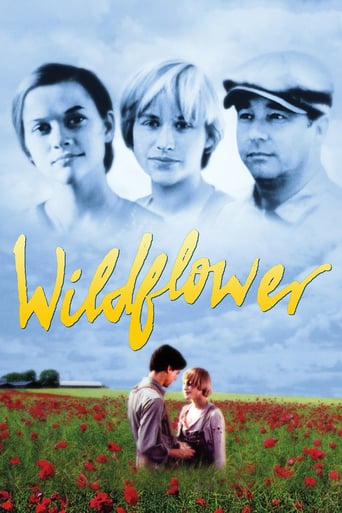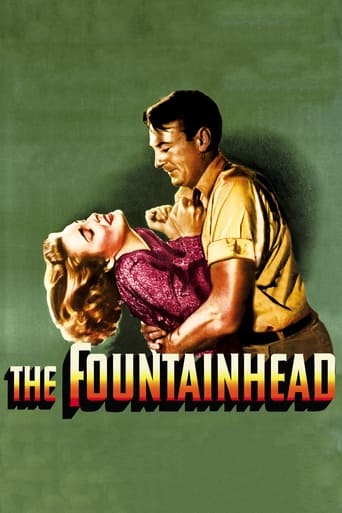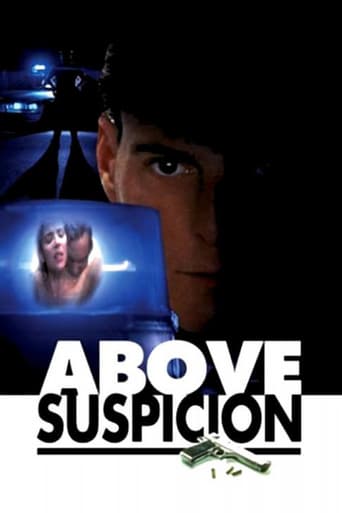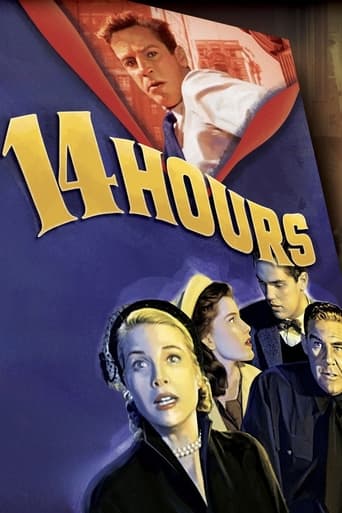
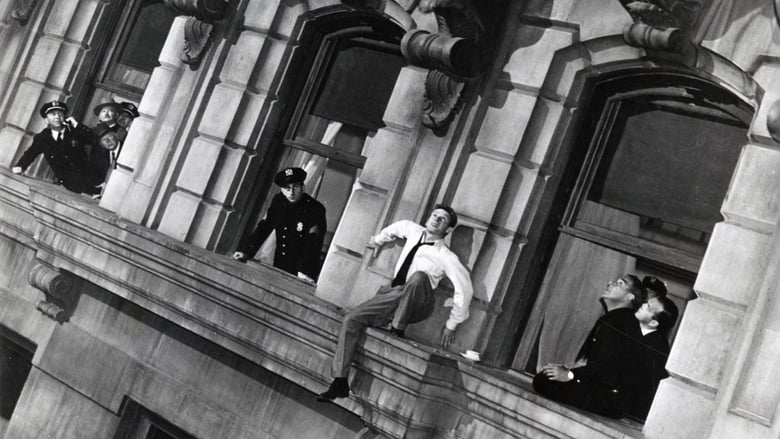
Fourteen Hours (1951)
A young man, morally destroyed by his parents not loving him and by the fear of being not capable to make his girlfriend happy, rises on the ledge of a building with the intention of committing suicide. A policeman makes every effort to argue him out of it.
Watch Trailer
Cast
Similar titles
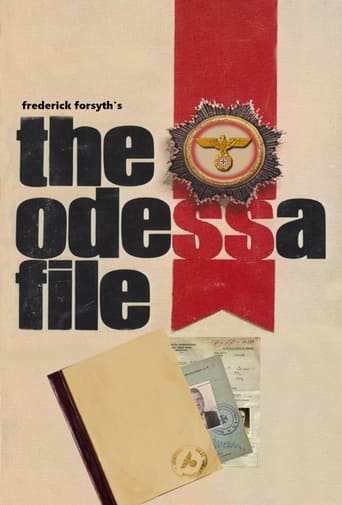
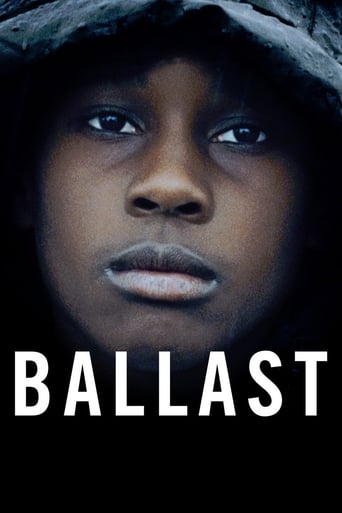
Reviews
Thanks for the memories!
Just what I expected
How sad is this?
This is one of the few movies I've ever seen where the whole audience broke into spontaneous, loud applause a third of the way in.
I've always seemed to enjoy films that were about a single event in real time. Archival time is obviously necessary for any story that spans more than a few hours, but real time films just seem to be inherently engaging. OK so the film isn't 14 hours long, but it does all take place in one spot on one day. This noir about a jumper on the side of a skyscraper in NYC is packed with great (if slightly cliché) characters, including the on-screen debut of Grace Kelly. Unfortunately many of the actors in this film were blacklisted during the HUAC witch hunt a few years later and would not be seen in films again. Uniquely, there is no score or music in the film outside of the titles which further adds to the realism.
A man climbs out onto the ledge outside his 15th-floor hotel room and threatens to jump. And then...nothing. As you can guess from the film's title this is not a situation that is going to be resolved quickly. This guy's going to be out on that ledge for quite a while. Knowing that we're a long way from any kind of a resolution drains much of the drama out of the film. There is the sense that the film is just biding time until it stretches itself out to proper feature length at which point something can actually happen. For much too much of this film's running time there is nothing going on. The initial shock of the man on the ledge dissipates quickly and then things become rather mundane and dull.Richard Basehart plays Robert Cosick, the man on the ledge, but it is Paul Douglas, playing the cop trying to talk him back inside, who is the real star of the film. Douglas brings some warmth and personality to the proceedings. His character, Charlie Dunnigan, is just an ordinary traffic cop who is able to reach Robert in a way all the supposedly smarter folks with all their psychobabble cannot. There's some good interplay between Dunnigan and Robert, performed wonderfully by Douglas and reasonably well by Basehart. Oddly though we end up sympathizing more with the cop than with the guy out on the ledge. We never really get to know Robert Cosick which definitely hurts the film. Eventually characters are brought in to try to explain who he is and what may have driven him to this point. But those characters don't help the film much. Agnes Moorehead plays Robert's mother who turns out to be an absolutely miserable, entirely unsympathetic character. The father shows up too and he's a total dud. By the time a character with some actual value to the story does show up it is too late to save a film which has become a bit of a snooze. The film may be only 90 minutes or so long but honestly it feels like 14 hours at times, it really drags. There's only so much you can do with a guy standing on a ledge for 14 hours. Some characters who have nothing to do with the situation are tossed in and they end up being nothing more than time-wasters. There's a group of cabbies betting on when Robert will jump. There's a young man trying to woo a pretty young woman he just met while they were both gawking at the spectacle. And, in her first film role, there's Grace Kelly playing a woman who rather bizarrely makes a life-altering decision based on the fact she sees some guy she doesn't know standing out on that ledge. The performances by Kelly and by Jeffrey Hunter and Debra Paget playing the young would-be couple are fine but their characters add nothing of value to the film. It's a film which begins with a shocking opening but which soon fizzles out. And after biding its time in rather boring fashion when the end comes it's not the big, dramatic finish you would hope for. The ending is very contrived and, like so much else about the film, very disappointing. Aside from a notably fine performance by Douglas there is not much to recommend you spending 90 minutes watching 14 Hours.
FOURTEEN HOURS begins with Richard Basehart walking onto the ledge outside his hotel room. He's about to jump but can't quite bring himself to do it. A nearby cop (Paul Douglas) looks up and sees him on this ledge on the 15th floor and hurries over to the hotel to try to talk him out of jumping. Soon, his superiors come and relieve him--they'll work on trying to get Basehart down and Douglas simply isn't trained for this sort of thing. However, the so-called experts don't seem to get through to them, so they get Douglas back--after all, he had developed some rapport with the jumper. Soon, a series of family members are brought to help out, though in hindsight his mother (Agnes Moorehead) visiting was probably NOT the best idea. Does he jump or does he chose life? And, why in the first place did he decide to end it all? See for yourself to find out--you won't be sorry you did.This film has one of the simpler plots I can think of--yet it all seemed to work very well. This is because the film was written so very well and the actors managed to make the most of it--especially Douglas as a sort of "everyman" cop. Taut direction, excellent lighting and a first-class production all around sure helped. Who would have thought such a deceptively ordinary idea could be handled so well?
1951 seemed to be a year for films depicting rescue of an individual in peril; there were three such films - ACE IN THE HOLE, THE WELL and of course, FOURTEEN HOURS. All three were very good films but I like the last mentioned best. The camera-work from several different perspectives is superb, the involvement of the onlookers just right and the rescue efforts looked quite realistic. I disagree with comments that some situations and characters were clichéd; many major cities did have beefy Irish-American beat cops in the early 50s and so Paul Douglas' character is perfectly acceptable. Likewise, the 'good ending' is not necessarily traditional; after all, the rescue attempt would have been in progress for hours and the police were pulling out all stops. The odd thing is that although the film is available on DVD, it remains relatively unknown even among connoisseurs of Film Noir.
